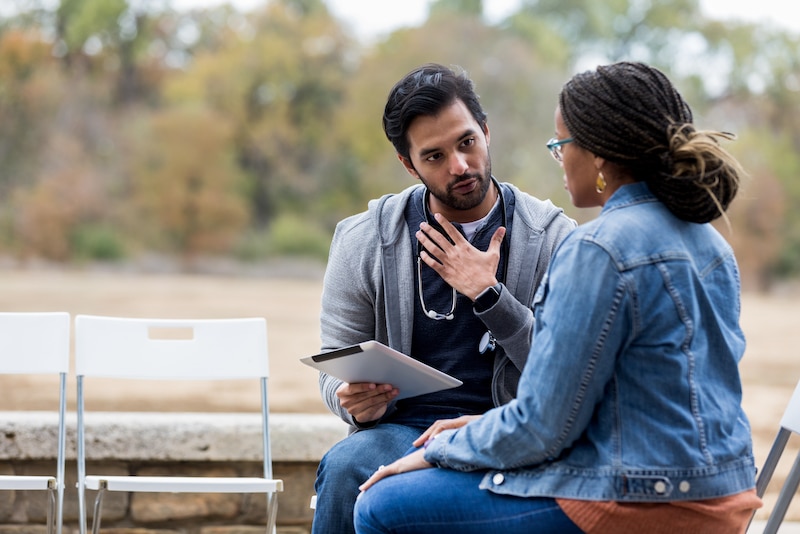
90% say public health departments are essential to community health.
In a recent Morning Consult poll commissioned by the de Beaumont Foundation, 90 percent of U.S. adults said they view public health departments as an essential element of a healthy community, rating health departments above schools, fire departments, police departments, parks, businesses, and libraries. According to the data, the health department services Americans most value include reaching out to people at greatest risk for having poor health outcomes, working with the broader healthcare system, improving other local community services, and ensuring environmental health.
Among people familiar with their local health department/official, 61% have a favorable view.
About half of Americans said they are familiar with their local health departments and health officials—an increase from a similar poll on public health support conducted in 2018 by Public Opinion Strategies. However, among the adults who said they are familiar with their local public health official, fewer have a favorable view than they did a year ago (67% in Morning Consult’s 2021 survey and 61% in 2022), and Americans are more likely to say the health of their community has gotten worse over the past year (26% in 2021 and 32% in 2022).
24% of Americans say racial discrimination affects their own health (including 59% among Black Americans and 45% among Hispanic Americans).
Additionally, 24% of all Americans say racial discrimination has an impact on their own health, a number that is down from 29% in 2021 but still represents a significant concern for many, including 59% of Black Americans, 45% of Hispanic Americans, and 17% of White Americans. In a broader sense, 35% of Americans considered racial discrimination a problem in their local communities, a decrease from 43% in 2021, and comparatively less than the 54% who considered it a problem in their state and the 73% who considered it a problem in the U.S.
Now what?
As these polls show, the role that public health leaders have played in responding to COVID-19 has improved both their familiarity and reputation. That’s encouraging, especially when you consider the numerous reports of harassment and threats that have been directed toward health officials.
While people who are familiar with their public health leaders generally support them, only half said they are familiar with them, and the public health leader of today needs to be comfortable with a more visible role. For public health leaders, building and rebuilding trust must start from a familiar place—building relationships. Working with other local leaders, advocates, business owners, and residents, public health leaders should apply the lessons learned during the pandemic, such as the need to communicate clearly, tailor messages, and admit you don’t have all the answers. (See “Restoring Trust in Public Health: There Are No Shortcuts.”) Trust is cultivated through regular interactions that are honest about what is known, what is not known, and what needs to be done.
As we head into a winter where hospitals and communities can quickly become overwhelmed by the confluence of COVID-19, RSV, and the flu, it is critical that public health leaders continue to engage and build relationships with other community leaders. According to an analysis by CNBC, 5% of the U.S. population lives in counties where CDC officials continue to recommend masks because of high COVID-19 levels. Flu vaccinations in at-risk groups are behind last year’s rates and hospitalization due to RSV is at a higher rate than previous years.
With their expertise, partnerships fostered during the pandemic, and increased awareness about what they do, public health leaders are positioned to be a voice of clarity and credibility for the people they serve.
Methodology
The de Beaumont Foundation commissioned Morning Consult to survey and track awareness of public health departments, perceptions of their value, and public health priorities. Two surveys were conducted online between May 14-17, 2021 and May 12-15, 2022 among 2,200 adult U.S. citizens.




